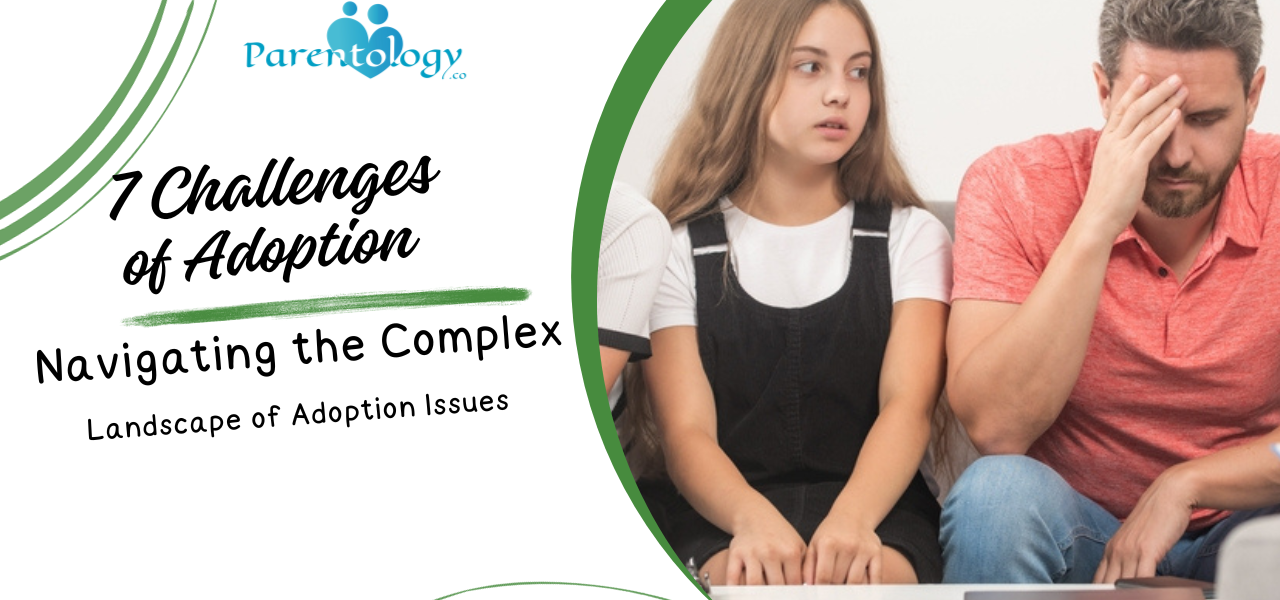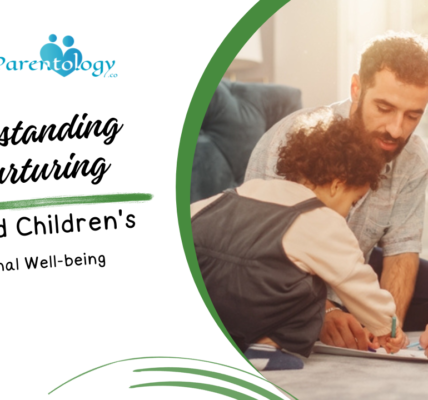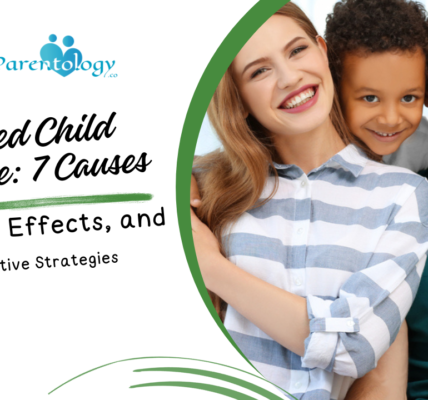7 Challenges of Adoption: Navigating the Complex Landscape of Adoption Issues
Adopting a child is a profound and beautiful decision that transforms lives. However, the journey of adoption isn’t without its challenges. Understanding and navigating through these adoption issues is crucial for prospective adoptive parents and those considering adoption. Here, we delve into seven common problems and challenges faced in the world of adoption, shedding light on their complexities and offering insights into overcoming them.
Understanding Adoption Issues:
Adoption brings joy, but it also comes with unique hurdles. Let’s explore these adoption issues and learn how adoptive families can tackle them.
-
Legal Complexities:
Adoption laws and regulations vary widely based on the type of adoption and location. In international adoptions, navigating the legal requirements of both the home country and the child’s birth country adds layers of complexity. For domestic adoptions, understanding state-specific laws and procedures is crucial.
Prospective adoptive parents need to conduct thorough research or seek legal counsel specializing in adoption to comprehend these intricacies. Clearing legal hurdles ensures compliance with regulations, expedites the process, and safeguards the legal rights of all involved parties. -
Emotional Rollercoaster:
Adoption is a deeply emotional journey. Building trust, attachment, and bonding between the adoptive parents and the child might take time and effort. Children coming from foster care or institutional settings might have experienced trauma, impacting their emotional well-being.
Adoptive parents need to be emotionally resilient and patient, understanding that the child’s integration into a new family may be met with challenges. Professional counseling or therapy can aid in managing emotions, addressing past traumas, and fostering healthy relationships within the family unit.


-
Identity and Self-Esteem Issues:
Adopted children might grapple with questions surrounding their origins, leading to identity issues or feelings of not belonging. Open communication about their adoption story from an early age and incorporating elements of their birth culture into their upbringing can positively impact their sense of identity.
Encouraging self-expression and validating their emotions while discussing their adoption journey helps build a strong foundation for self-esteem. Celebrating their uniqueness and making them feel valued for who they are, regardless of their origins, is crucial in bolstering their self-worth. -
Financial Strain:
The cost of adoption can be substantial, ranging from agency fees to legal expenses, home studies, and potential travel or medical costs. Understanding these expenses and planning finances accordingly is pivotal.
Prospective adoptive parents should explore various avenues for financial aid, such as adoption grants, employer benefits, or tax credits available for adoptive families. Preparing a detailed budget and seeking financial assistance can significantly alleviate the financial burden associated with adoption. -
Preconceived Notions and Stigma:
Societal misconceptions or prejudices about adoption might create challenges for adoptive families. Educating friends, family, and the community about the realities of adoption can help dispel myths and reduce stigma.
Creating awareness through storytelling, sharing positive adoption experiences, and highlighting the joy and love that adoption brings can shift perceptions. Building a supportive network of friends, family, and community members who understand and accept adoption helps in creating a nurturing environment for the family. -
Transitions and Adjustments:
Transitioning to a new family dynamic requires time and understanding. Both the child and adoptive parents may need to adapt to each other’s routines, habits, and expectations.
Patience, open communication, and empathy are vital during this phase. Establishing consistent routines, rituals, and boundaries helps in creating a sense of stability and security for the child. Addressing any challenges that arise with patience and understanding strengthens the family bond.


-
Support and Resources:
Access to a robust support network and relevant resources tailored to adoption needs is invaluable. Support groups, online forums, and community organizations provide a platform for adoptive families to connect, share experiences, and seek advice.
Counseling or therapy, both for the child and the parents, can offer guidance and support through various stages of the adoption process. Educational materials that discuss adoption-related topics, including parenting strategies and addressing specific challenges, are beneficial resources for adoptive families.
The Joy of Adoption:
While adoption brings its share of challenges, it also offers immeasurable joy and fulfillment. Witnessing the growth and development of an adopted child, the formation of strong familial bonds, and the transformation of lives create moments of profound happiness and contentment. Adoptive families often find a sense of purpose and love that transcends biological connections, creating beautifully diverse and inclusive family units.
Types of Adoption:
Adoption comes in various forms, each with its unique processes and considerations. Domestic adoption involves adopting a child within one’s country, often through private agencies or public welfare systems. International adoption refers to adopting a child from another country, navigating international laws and cultural differences. Foster care adoption involves adopting a child from the foster care system, providing a permanent home for a child who may have experienced neglect or abuse.
Post-Adoption Support:
Supporting an adopted child goes beyond the initial adoption process. Post-adoption support is crucial for addressing ongoing needs, including emotional support, educational resources, and guidance through different developmental stages. Support services such as counseling, therapy, and access to support groups aid in addressing evolving challenges and nurturing healthy family dynamics.


Legal Rights and Responsibilities:
Upon completion of the adoption process, adoptive parents assume full legal responsibility for the child, including providing care, support, and making crucial decisions regarding the child’s upbringing. Ensuring the child’s rights, including inheritance, medical care, and education, becomes the adoptive parents’ responsibility, granting the child the same legal status as a biological child within the family.
Adoption Myths and Realities:
Dispelling myths surrounding adoption is essential in fostering understanding and acceptance. Common misconceptions, such as the child’s potential behavior or capabilities based on their adoption status, need to be addressed. Adoptive families often highlight the reality that love, care, and support are the driving forces behind a child’s growth and well-being, regardless of their biological origins.
Adoptive Parenting Strategies:
Parenting an adopted child may require unique approaches. Building trust, providing a nurturing environment, and offering unconditional love are foundational aspects of adoptive parenting. Understanding the child’s background, addressing their individual needs, and respecting their journey are crucial in forming a strong parent-child relationship.
Educating Others about Adoption:
Creating awareness and promoting understanding about adoption is vital in fostering a supportive and inclusive community. Educating schools, workplaces, and communities about adoption-related issues helps in creating an environment that celebrates diversity and supports adoptive families.
Open vs. Closed Adoptions:
- Closed Adoption: In a closed adoption, the identities of the biological parents and the adoptive family remain confidential. Limited or no contact between the birth parents and the child is maintained throughout the child’s life.
- Open Adoption: Open adoptions involve ongoing communication and contact between the birth parents, adoptive parents, and sometimes the adopted child. This arrangement allows for varying degrees of contact, ranging from occasional letters or emails to visits, providing the child with a sense of connection to their biological origins.
Post-Adoption Communication:
Maintaining healthy communication between adoptive families and birth families, especially in open adoptions, can be beneficial for the child’s well-being. Establishing clear boundaries, respecting each other’s roles, and prioritizing the child’s best interests are key components of successful post-adoption communication.
Adoption and Sibling Dynamics:
Adopted children often form unique relationships with their siblings, whether they are biological or also adopted. Understanding and fostering positive sibling dynamics are essential in building a supportive and cohesive family unit. Encouraging shared experiences, promoting understanding, and addressing any potential conflicts positively contribute to healthy sibling relationships.
Cultural Identity and Heritage:
For children adopted transracially or internationally, maintaining a connection to their cultural heritage is crucial. Celebrating and incorporating cultural traditions, language, and customs into their upbringing fosters a sense of belonging and pride in their heritage. Adoptive parents play a significant role in supporting and preserving the child’s cultural identity.
Educational Support for Adopted Children:
Adopted children may face unique adoption issues in school settings. Teachers and educators can provide support by understanding the child’s background, offering sensitivity, and addressing any emotional or social needs that may arise. Creating inclusive environments that celebrate diversity and acknowledging the child’s adoption story positively impacts their educational experience.
Adoption and Mental Health:
The mental health of adopted children and adoptive parents is paramount. Children may experience emotions related to their adoption journey, including grief, loss, or identity issues. Access to mental health professionals specializing in adoption-related concerns can offer valuable support. Adoptive parents also benefit from counseling or support to navigate the complexities of adoption.
Legal Considerations in Adoption:
Understanding legal aspects such as parental rights, adoption finalization, and any post-placement requirements is crucial for prospective adoptive parents. Legal assistance or guidance throughout the adoption process ensures compliance with laws and regulations, safeguarding the rights of all involved parties.
FAQs on Adoption Issues:
Q 1: What are the common legal steps involved in the adoption process?
Answer 1: The legal process in adoption typically involves filing an application, completing a home study, attending adoption education and counseling sessions, obtaining consent from birth parents (if applicable), finalizing legal paperwork, and appearing in court for the adoption hearing.
Q 2: How can adoptive parents support the emotional needs of their adopted child?
Answer 2: Adoptive parents can support their child emotionally by creating a nurturing and supportive environment, fostering open communication about their adoption story, providing stability, seeking professional counseling if needed, and showing empathy and understanding toward the child’s emotions.
Q 3: Are there financial aid or grants available for prospective adoptive parents?
Answer 3: Yes, several financial aids, grants, and adoption-specific loans are available to assist prospective adoptive parents with adoption expenses. These include federal adoption tax credits, employer adoption benefits, adoption grants from organizations, and state-specific adoption assistance programs.
Q 4: How can families navigate societal stigmas surrounding adoption?
Answer 4: Families can navigate societal stigmas by educating others about adoption realities, sharing positive adoption stories, correcting misconceptions, advocating for adoption awareness, and fostering supportive communities that celebrate diverse family structures.
Q 5: What are some ways to help an adopted child with their identity and self-esteem?
Answer 5: To support an adopted child’s identity and self-esteem, parents should openly discuss their adoption story, provide opportunities for cultural connections, celebrate their uniqueness, offer reassurance, create a safe environment for expression, and validate their feelings and emotions.
Q 6: How do transitions and adjustments impact the adoption process?
Answer 6: Transitions and adjustments impact both the child and adoptive parents. Patience, open communication, and establishing consistent routines aid in smoother transitions. Addressing adjustment issues positively contributes to the child’s adaptation to the new family dynamic.
Q 7: Where can adoptive families find support groups and resources tailored to adoption needs?
Answer 7: Adoptive families can find support groups, online forums, and resources through adoption agencies, community organizations, national adoption-related associations, social media groups, and specialized adoption-focused websites or publications.
Q 8: What role does counseling play in the adoption journey?
Answer 8: Counseling provides emotional support and guidance for adoptive parents, birth parents, and adopted children throughout different stages of the adoption journey. It helps address complex emotions, facilitate communication, and navigate challenges effectively.
Q 9: Can adoptive parents connect with other families who have adopted?
Answer 9: Yes, adoptive parents can connect with other families who have adopted through adoption support groups, local community organizations, online forums, social media groups, and attending adoption-related events or seminars.
Q 10: What are some strategies to create a supportive and inclusive environment for adopted children in schools and communities?
Answer 10: Strategies include educating teachers and classmates about adoption, promoting inclusivity and diversity in school curricula, encouraging open discussions about adoption, celebrating cultural diversity, and fostering empathy and understanding among peers.
Conclusion:
Adoption is a remarkable journey filled with love and challenges. By understanding and addressing these adoption issues head-on, adoptive families can create a nurturing and supportive environment for their children. Despite the hurdles, the rewards of adoption are immeasurable, leading to beautiful and fulfilling family dynamics.
For further information on adoption and its impacts, visit Parentology, where comprehensive resources and guidance await.
Remember, the effects of adoption are as diverse as the children themselves, each story deserving of compassion, understanding, and unwavering support on their remarkable journey through life.




